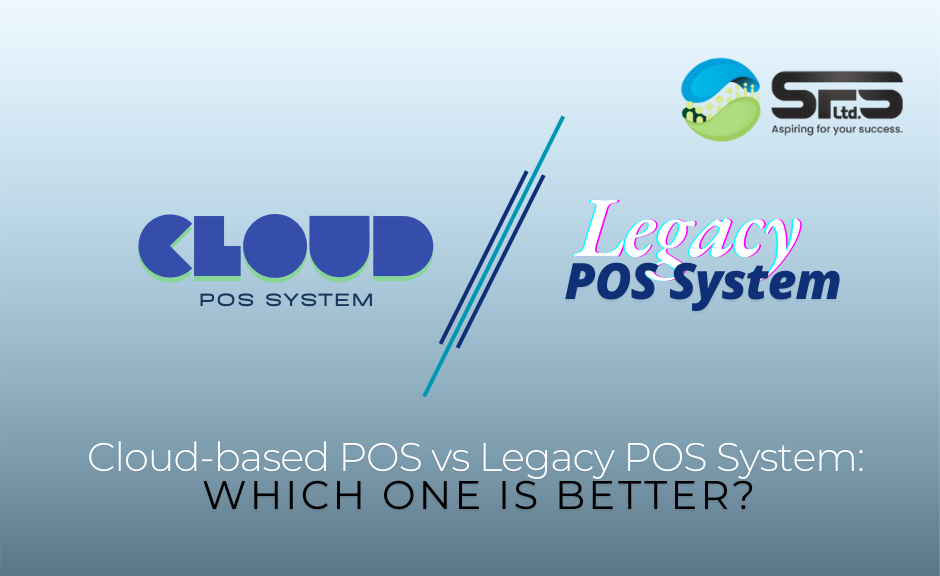Cloud-based POS vs. Legacy POS Systems: Which One is Better?
Point-of-sale (POS) systems are critical for businesses to manage sales, inventory, and customer interactions efficiently. With the rise of cloud technology, businesses face a choice: stick with traditional legacy POS systems or transition to a cloud-based solution. This blog post explores the differences between the two and helps determine which is better for your business.
What is a Legacy POS System?
Legacy POS systems are traditional, on-premises solutions that store data locally on servers or computers. These systems have been used for decades and are commonly found in brick-and-mortar businesses like retail stores and restaurants.
Advantages of Legacy POS Systems:
- Offline Functionality: Operates independently of an internet connection.
- Custom Hardware: Often comes with tailored hardware like cash registers and card readers.
- Data Security: Stored data is not exposed to online threats if proper safeguards are in place.
Limitations:
- Limited Scalability: Expanding requires significant investment in new hardware and software.
- Maintenance Costs: Regular maintenance, updates, and backups are costly and time-consuming.
- Restricted Access: Data and functions are only accessible from the on-site location.
What is a Cloud-based POS System?
Cloud-based POS systems are modern solutions that store data online, accessible from anywhere with an internet connection. These systems use web-based or app-based interfaces to manage sales and other business operations.
Advantages of Cloud-based POS Systems:
- Remote Access: Manage your business anytime, anywhere.
- Automatic Updates: Regular updates and new features without downtime.
- Cost-Effective: Lower upfront costs, with subscription-based pricing.
- Integration-Friendly: Easily integrates with third-party apps like accounting software, CRM tools, and analytics platforms.
- Data Backup and Security: Automatic cloud backups reduce the risk of data loss.
Limitations:
- Internet Dependency: Requires a stable internet connection to function optimally.
- Subscription Costs: Recurring costs can add up over time.
- Data Privacy Concerns: Businesses need to trust the cloud provider’s security measures.
Which One Should You Choose?
The choice between a cloud-based POS and a legacy POS system depends on your business’s needs:
Choose Legacy POS if:
- Your business operates in a location with unreliable internet.
- You prefer one-time costs over recurring subscriptions.
- You have minimal need for remote access or integrations.
Choose Cloud-based POS if:
- You need flexibility to manage your business remotely.
- Scalability and easy updates are priorities.
- Your business benefits from integration with modern tools.
- Cost efficiency over time is important.
Conclusion
While both legacy and cloud-based POS systems have their merits, cloud-based systems often stand out due to their scalability, accessibility, and cost-effectiveness. For most businesses aiming for growth and adaptability, investing in a cloud-based POS system is the way forward.
If you’re considering a POS system upgrade, evaluate your current needs and long-term goals to make an informed decision. Contact us for expert advice and implementation support!
